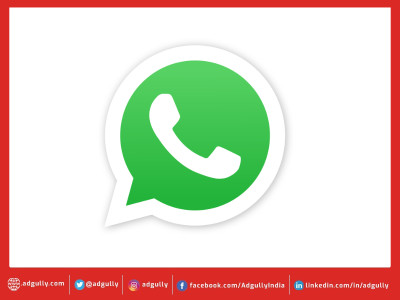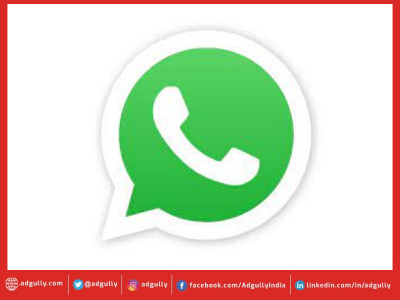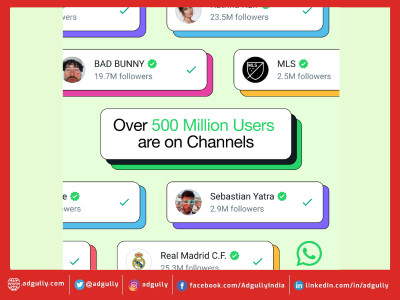The Changing Role of WhatsApp And Other Messengers For Publishers
Authored by Ankit Dhadda, Head of Marketing and Product, Bloomberg|Quint
Cheaper data prices, along with greatly enhanced accessibility and connectivity, have today led to a massive increase in the number of smartphone users in India. As evidence to this, mobile web/app traffic currently contributes to anywhere between 70-90% of the total traffic for most news publishers in the country. This highlights the vital need for developing multiple channels for driving traffic from mobile phones, in the Indian media and news industry.
At the moment, the engagement rates on mobile phones are considerably lower than that on desktop computers, with a high rate of dependence on social platforms like Google and Facebook. Aggregator platforms like Dailyhunt and Inshorts, and others like Quora and Flipboard, also play a huge role in driving traffic on mobile phones. In addition to textual formats, these platforms also reflect a high rate of video consumption on mobile phones, especially vertical videos, which are rapidly emerging as the next big source of surge in ad revenues.
In light of this scenario, instant messaging services like WhatsApp have greatly gained in popularity in the sector for the functionality and ease of use they offer, as today’s users increasingly prefer receiving news right at their fingertips. In fact, at Bloomberg|Quint, the brand’s newly launched WhatsApp news subscriptions service, BQ Blue, drives over 5 million pageviews a month, with a reach of 400,000 users, who collectively receive more than 1 million automated updates, every day.
WhatsApp has also proven to be instrumental in providing innovative mobile-led solutions for clients in the publishing domain. Three such clients of Bloomberg|Quint who partnered with the brand in its WhatsApp journey have successfully leveraged the platform to drive thousands of users to their platforms, thereby providing a new avenue of revenue for it. The evolution of native advertising units on mobile has also helped create a huge revenue opportunity for publishers, further complemented by higher CPMs on Google AMP pages.
Additionally, WhatsApp also allows publishers to create and maintain a loyalty base for their brands, which is completely separate from that on Google, Facebook, and other platforms. This has helped create a completely new and relatively unexplored avenue for traffic and revenue generation for publishers. Moreover, it also helps drive considerable loyalty among users, without the challenge of having to compete with multiple publishers, such as on search engines and social media.
Owing to this, publishers are now able to enjoy a significantly larger audience base for a range of formats, such as audio (podcasts), videos, and GIFs, which can be conveniently viewed by users on their smartphones. Taking into account these factors, the time is currently ripe for the increased utilisation of WhatsApp as a major traffic and business tool by digital news publications, as well as the industry as a whole. Riding high on this wave of transformation in the industry, by 2020, not only will WhatsApp have become one of the major social channels for publishers, but in all likelihood, their most prominent one.
Ankit Dhadda is a Marketing and Digital Product professional with over nine years of experience across education, personal finance & media. He has been heading the Marketing and Digital Product for Bloomberg|Quint for two years and has been instrumental in conceptualizing BQ Whatsapp Service. He has also helped establish the Bloomberg|Quint Brand Studio.
Prior to this stint, he was the Marketing Lead for BigDecisions.com - India's largest financial decisions enabler (NewsCorp's first strategic buyout in India) and he was a part of the launch team at Times Pro - one of the largest education companies in India.
















Share
Facebook
YouTube
Tweet
Twitter
LinkedIn